
Switzerland and France poised to strike water sharing deal
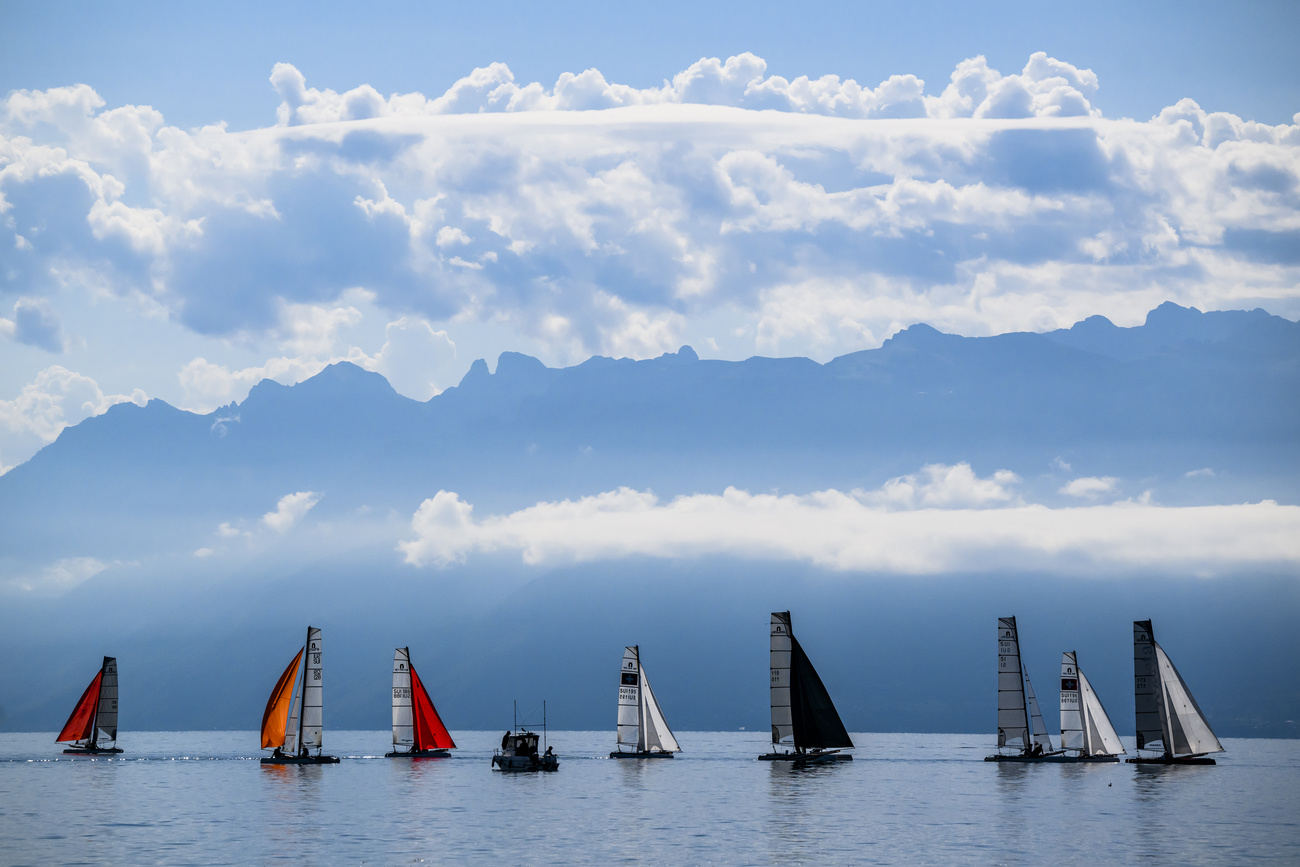
A Franco-Swiss agreement on Lake Geneva water management is about to be signed under discussion for months, Swiss public broadcaster RTS has learned.
+Get the most important news from Switzerland in your inbox
The deal will arrive with water becoming an increasingly precious resource. France is exerting pressure due to the development of its nuclear power plants.
Not far from the Bugey French nuclear power plant, located 70kms from Switzerland, France plans to build new generation reactors by 2040. Water from the Rhône is pumped there to cool the facility before returning to the river.
+ How Switzerland is preparing for increasing drought risk
In Geneva, this practice worries Antonio Hodgers, a Geneva State Councillor, who points out that France’s increased water consumption, coupled with climate change, could pose a problem.
“If France increases its nuclear capacity and wants to consume even more water than today, and, moreover, we have less water for our own uses because of global warming, we will all have a problem,” he said.
Nuclear challenge
Already today, water is a contested cross-border geopolitical issue, particularly in the event of prolonged drought, as was the case last summer when French farmers had to reduce their water consumption.
+ Genevese aquifer model for sharing water across national boundaries
Experts predict a 20% decline in the flow of the Rhône within thirty years, and up to 75% by 2100 with the melting of glaciers. Christian Bréthaut, a water governance specialist, emphasises the need to establish water use priorities.
“We will have to think about the trade-offs and priorities that we want to assign to various use cases. The priority on the French side, particularly regarding the use of a portion of Lake Geneva water, is nuclear power,” explains the expert.
Powering its four nuclear power plants located along the Rhône is a real challenge for France. The agreement currently being finalised would allow Switzerland to continue to manage Lake Geneva’s water level on its own under normal circumstances, as it has done for over 100 years.
But in the event of an alert, particularly a drought, France could intervene. However, the agreement does not specify the volume of water to be allocated to its French neighbor, which is a victory for Switzerland. The agreement also provides for the creation of a Franco-Swiss consultative commission on the Rhône.
Tensions could increase
In the event of a risk to the French nuclear facility, the canton of Geneva will open the floodgates. However, the Geneva authorities insist that this measure is exceptional.
“We’re not going to drain Lake Geneva to power a nuclear power plant; we’ve already made that clear. We have responsibilities to the people of Vaud and Valais to ensure the region’s water supply. And we’ve made that clear to France,” said Hodgers.
The French authorities and the Swiss Federal Office for the Environment declined to comment before the Lake Geneva deal has been signed.
On the French side, the electricity producer and supplier EDF says that future reactors will be less water-hungry than the current power plants, and that the quantity of water available in the Rhône will be sufficient for their needs and those of other uses.
“This project will require an extremely small amount of water, around ten cubic metres per second. And the projections we made at the end of the century show that the amount of water we will have in the Rhône will be sufficient to ensure the cooling of our reactors and guarantee the various uses,” explains Pierre-Franck Thomé-Jassaud, director of the Bugey public debate at EDF.
Tensions over water are expected to intensify in the future with growing demand for drinking water, industry, agriculture and nuclear power.
More
Adapted from French by DeepL/mga
How we work
We select the most relevant news for an international audience and use automatic translation tools such as DeepL to translate them into English. A journalist then reviews the translation for clarity and accuracy before publication. Providing you with automatically translated news gives us the time to write more in-depth articles. The news stories we select have been written and carefully fact-checked by an external editorial team from news agencies such as Bloomberg or Keystone.
Did you find this explanation helpful? Please fill out the short survey below to help us understand your needs.

In compliance with the JTI standards
More: SWI swissinfo.ch certified by the Journalism Trust Initiative
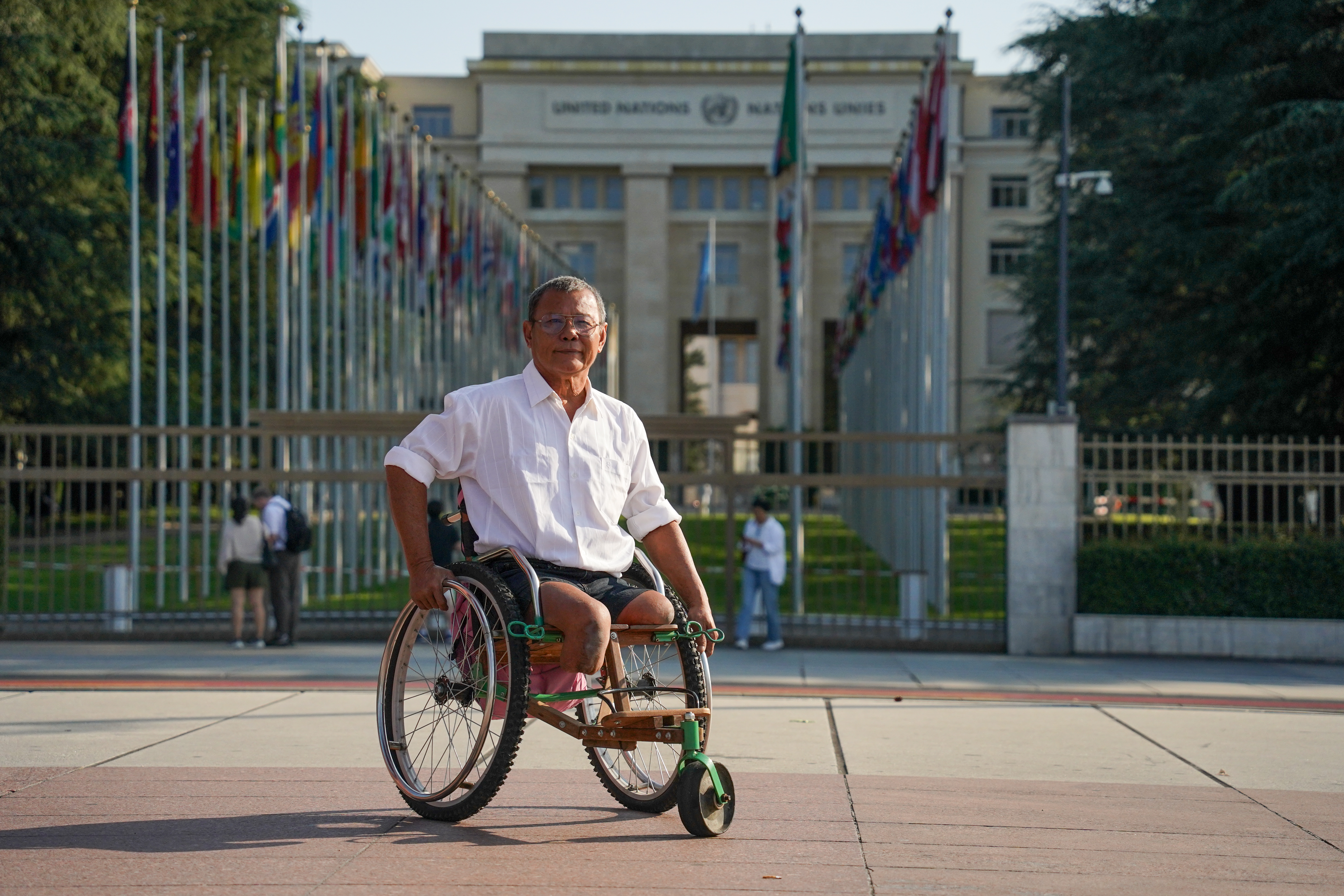









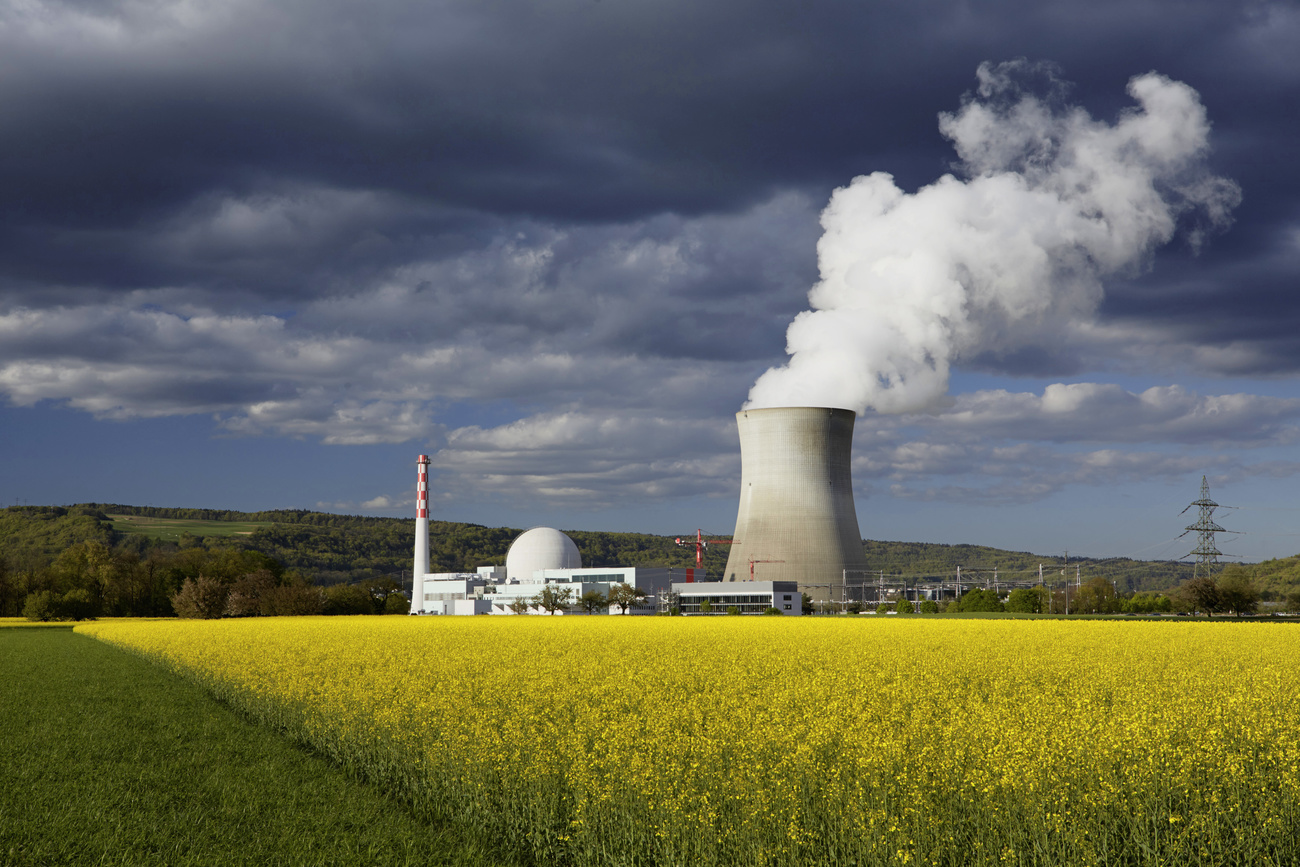
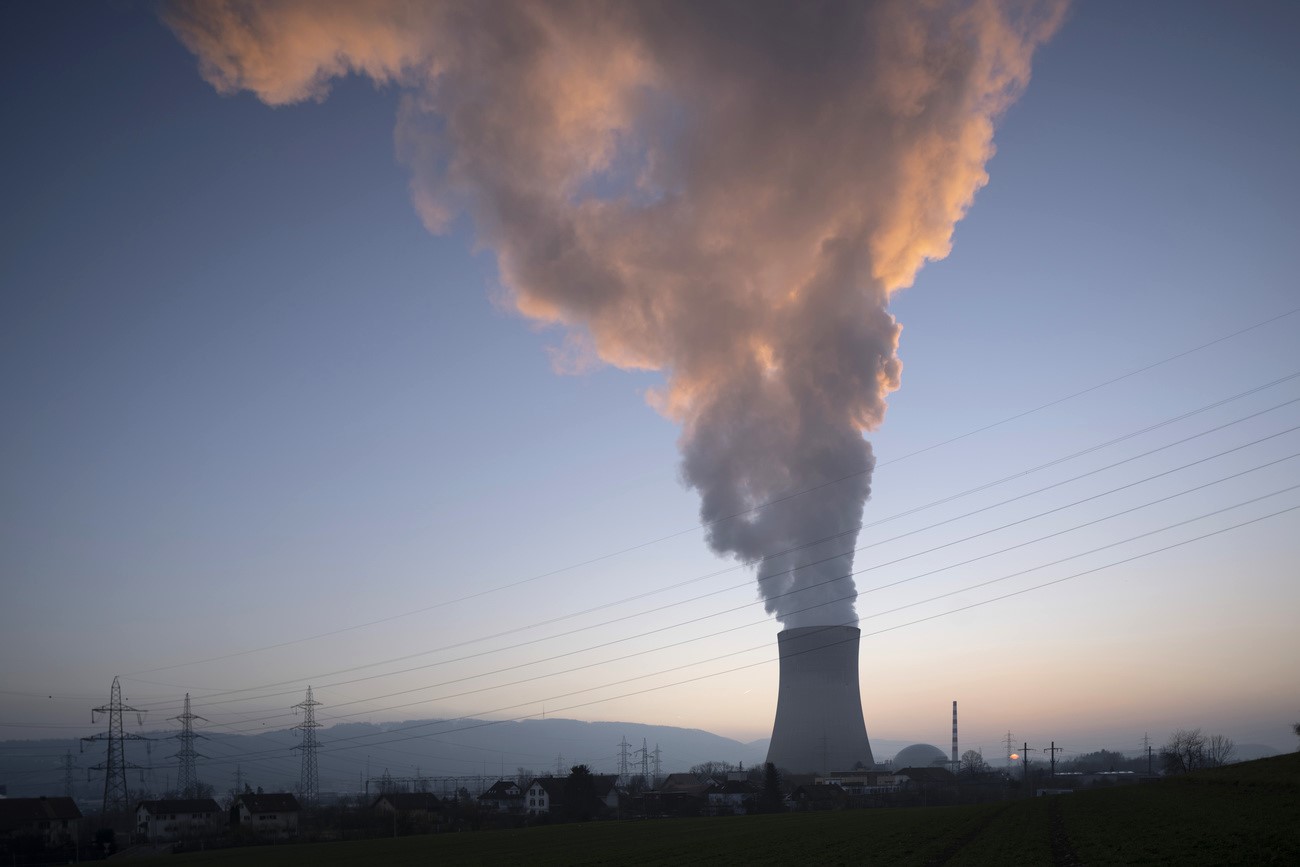























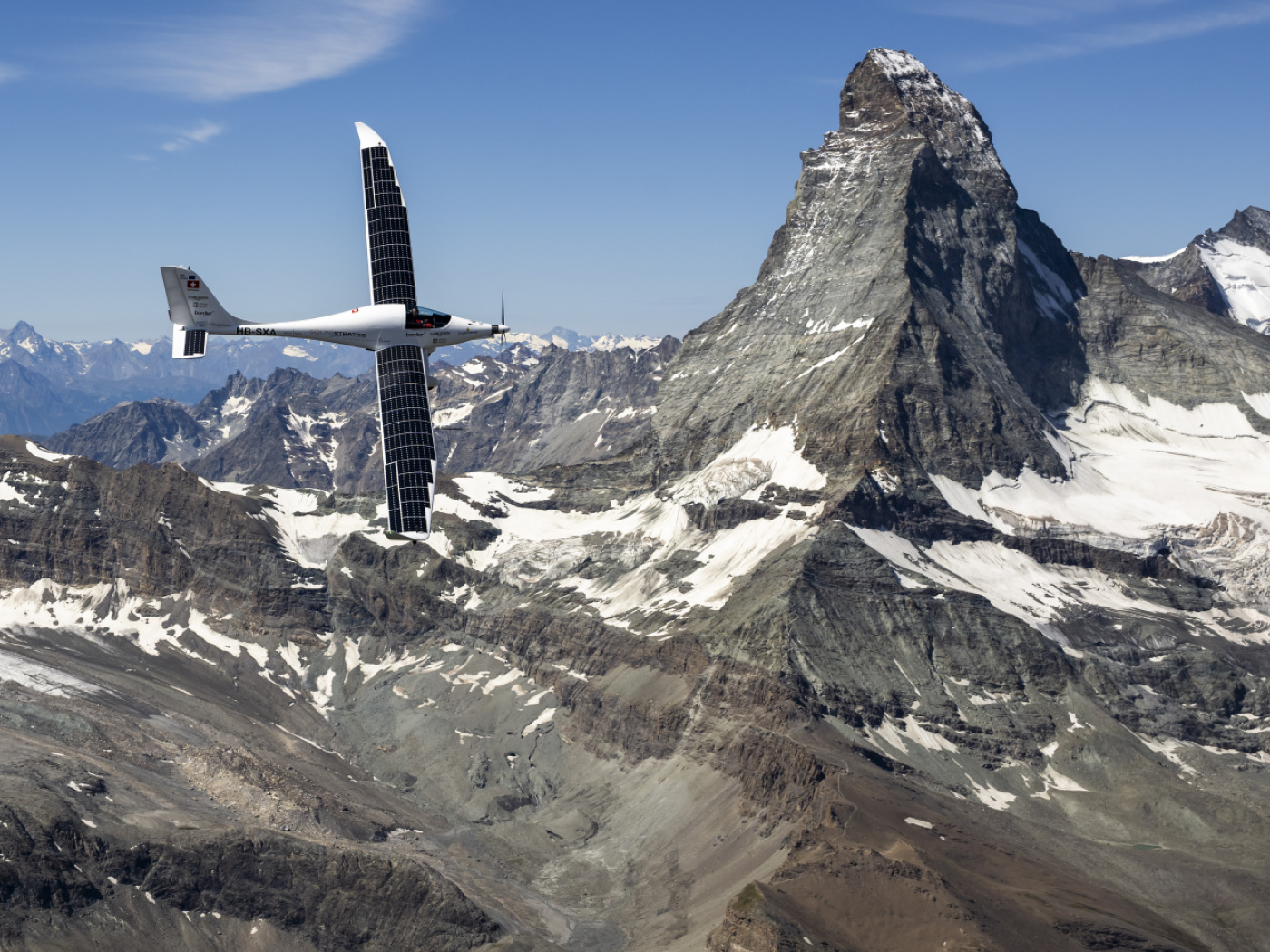
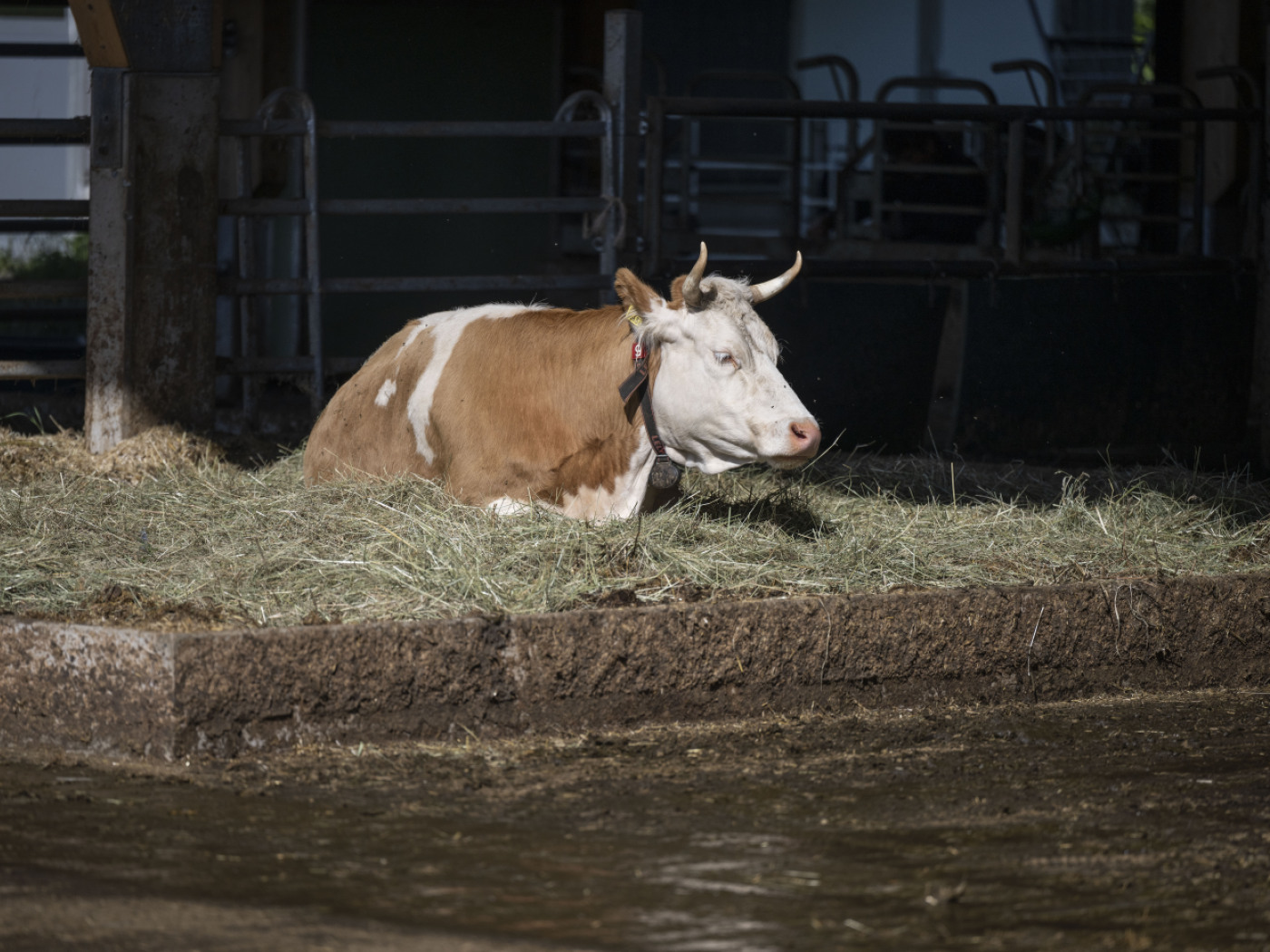
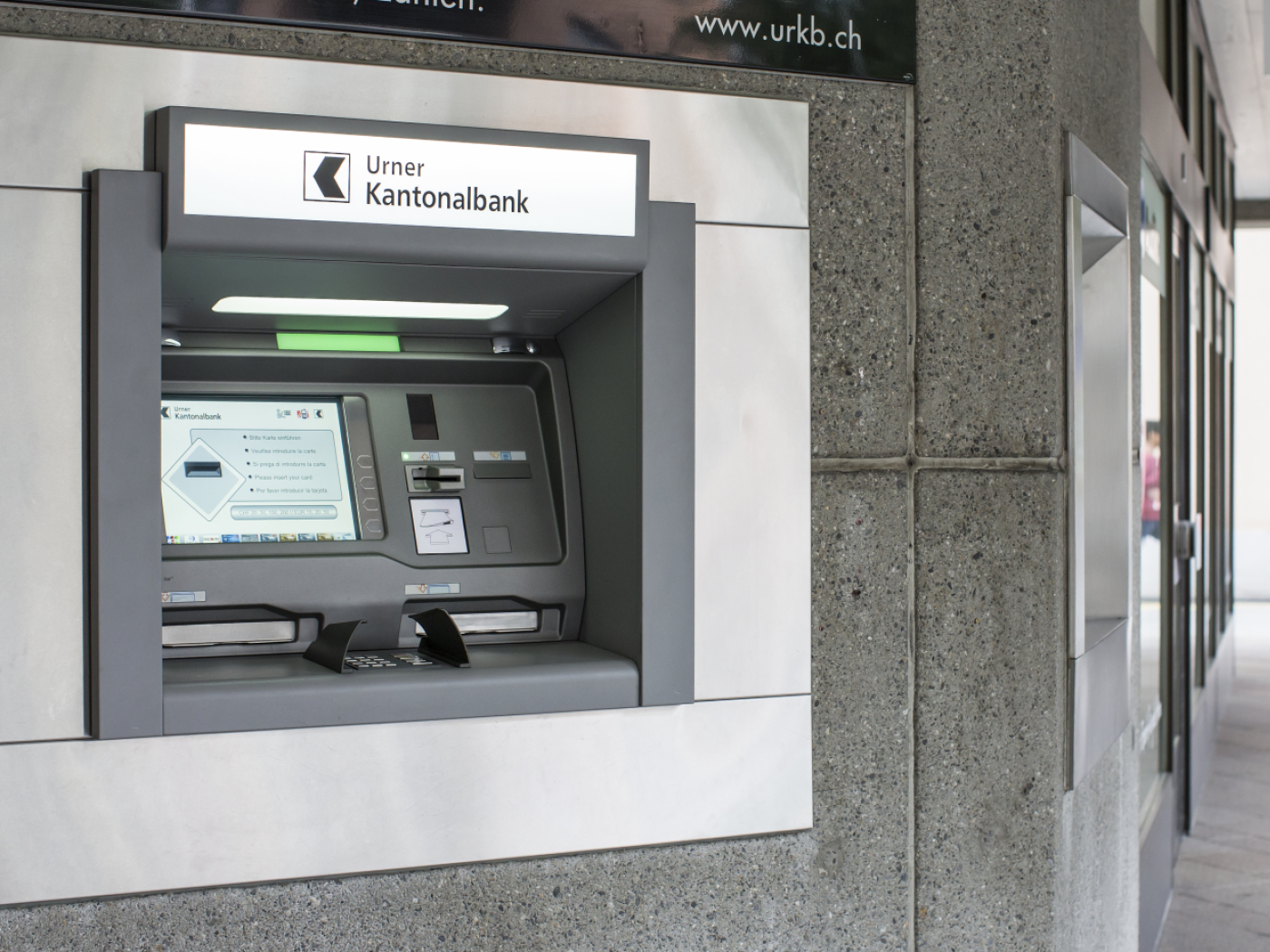

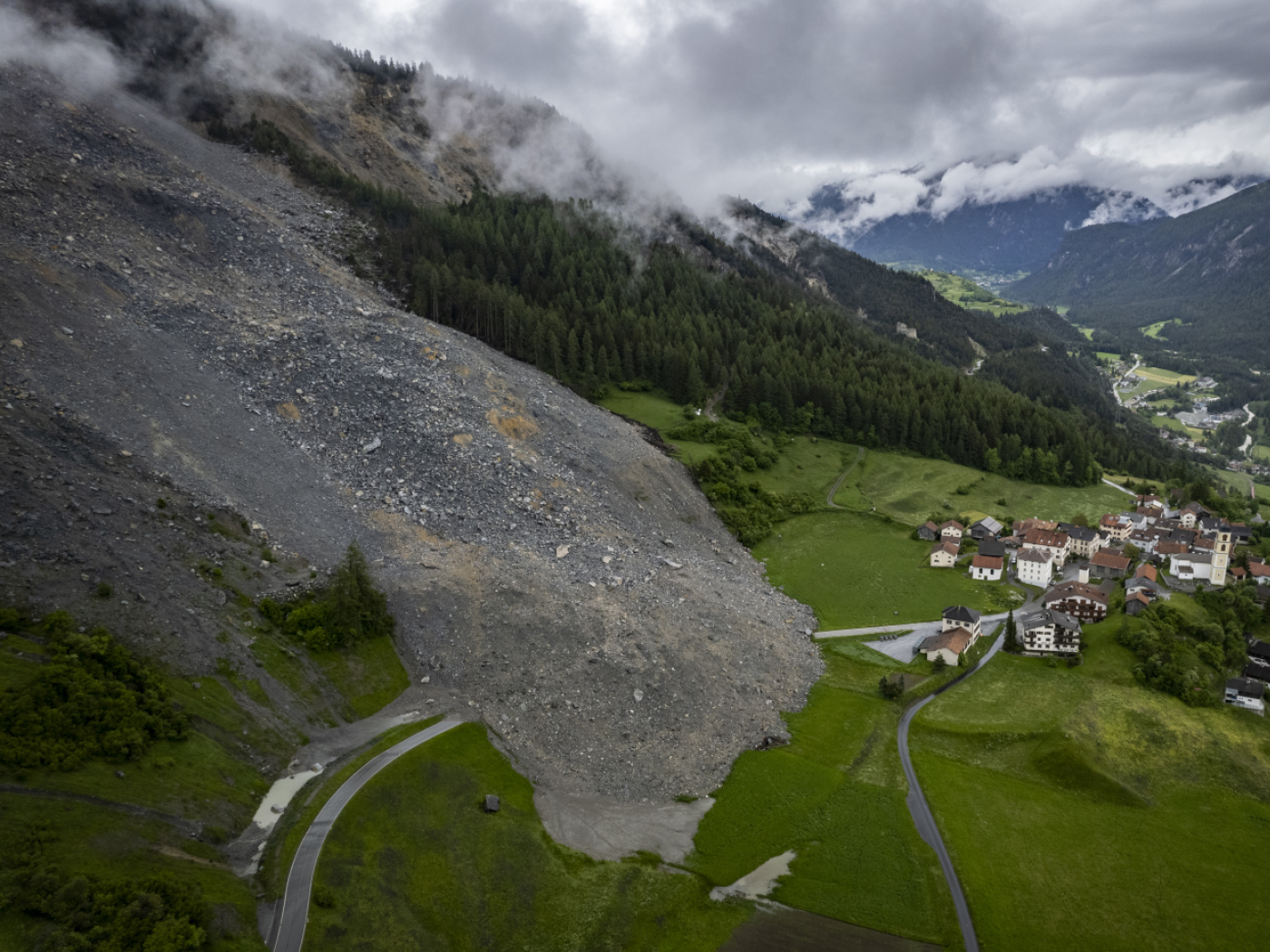

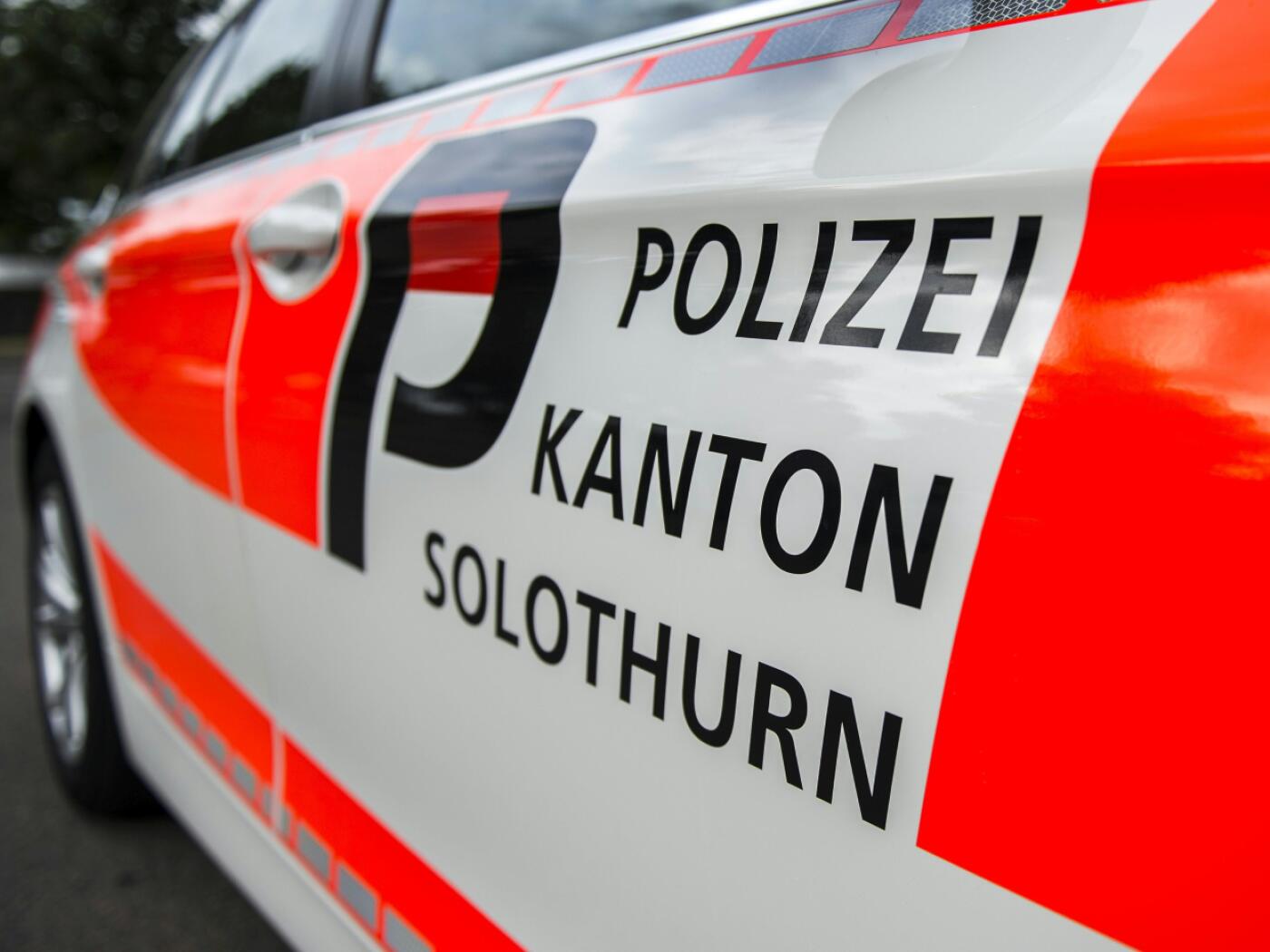

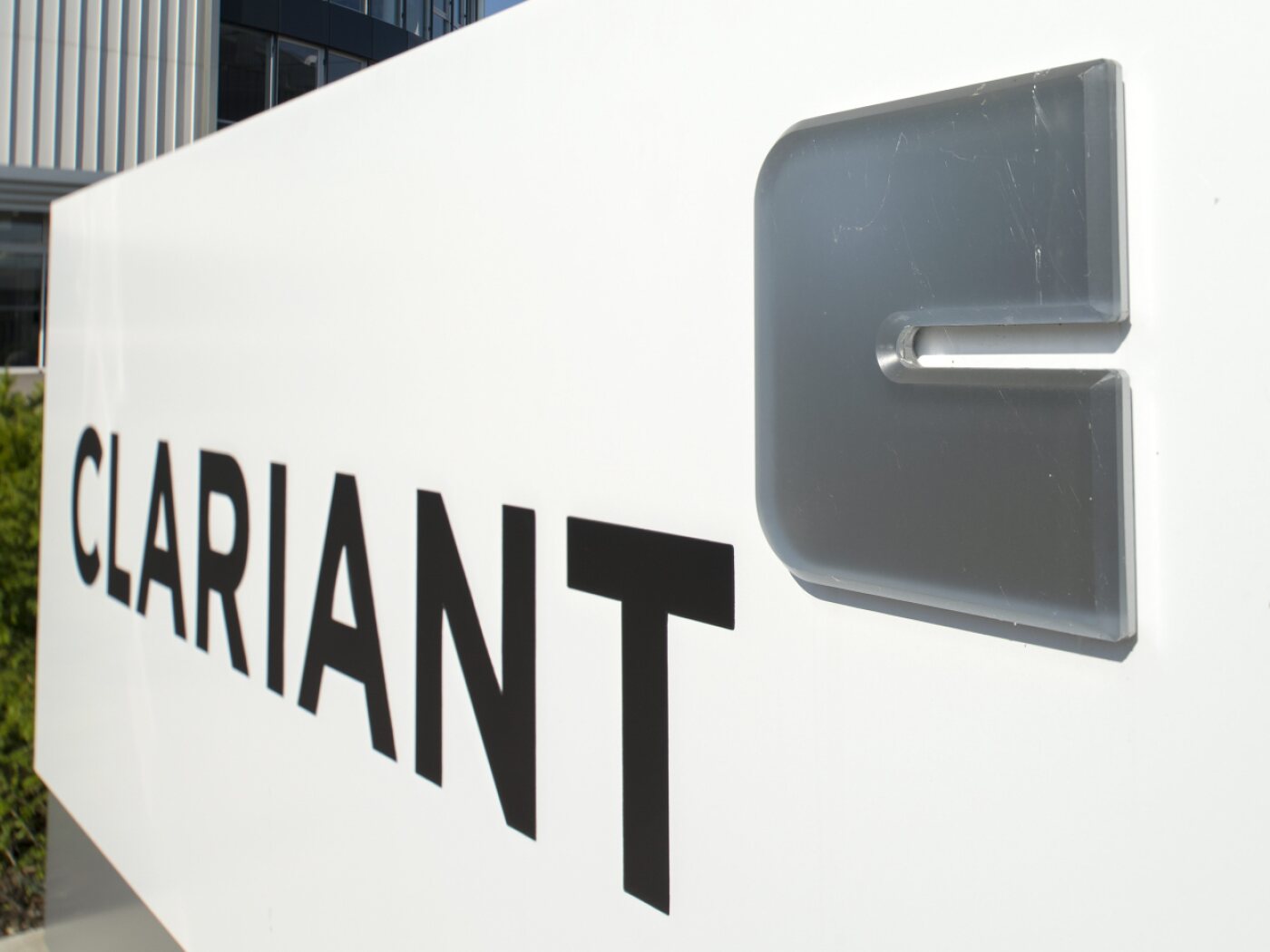

You can find an overview of ongoing debates with our journalists here . Please join us!
If you want to start a conversation about a topic raised in this article or want to report factual errors, email us at english@swissinfo.ch.